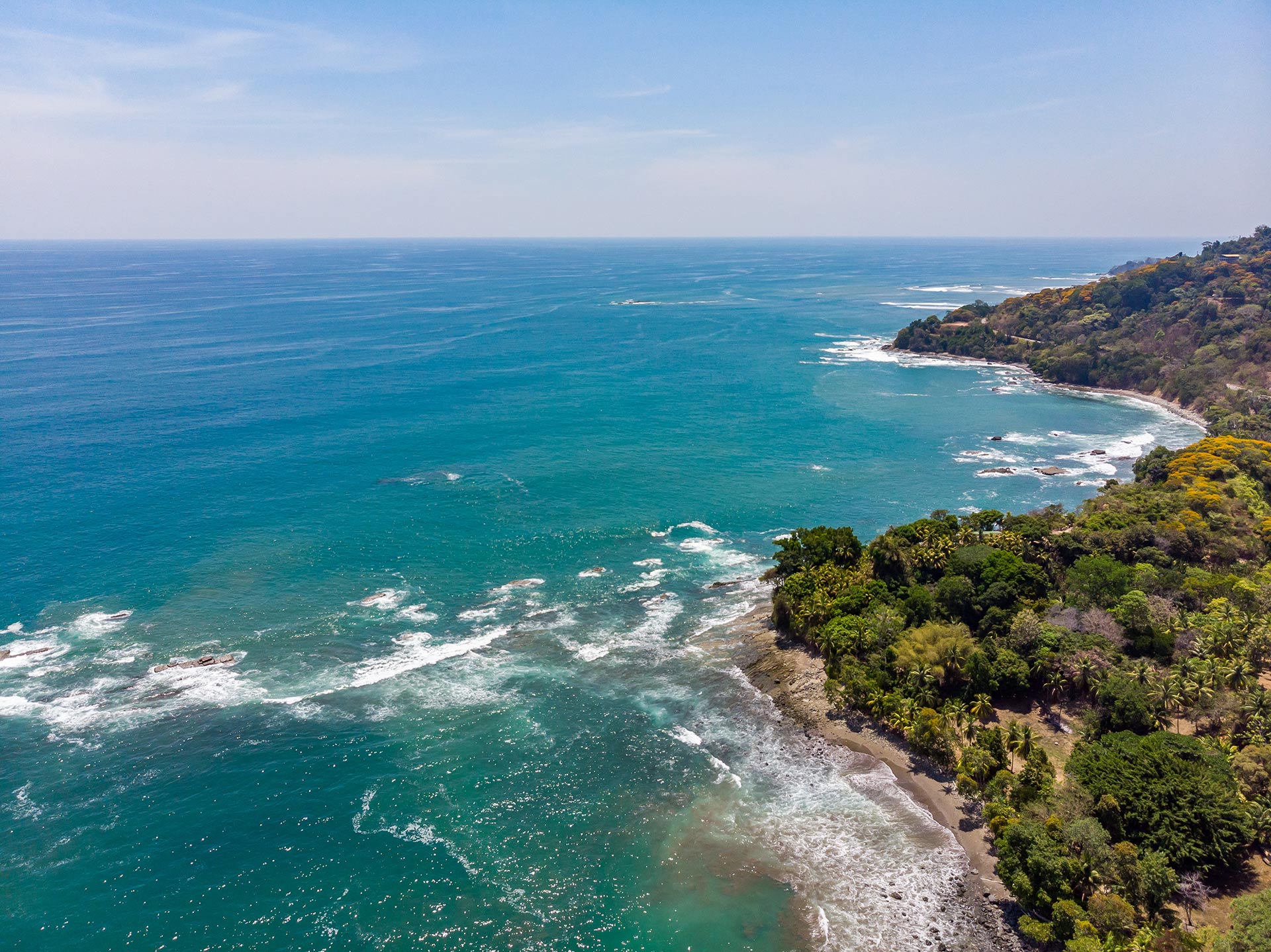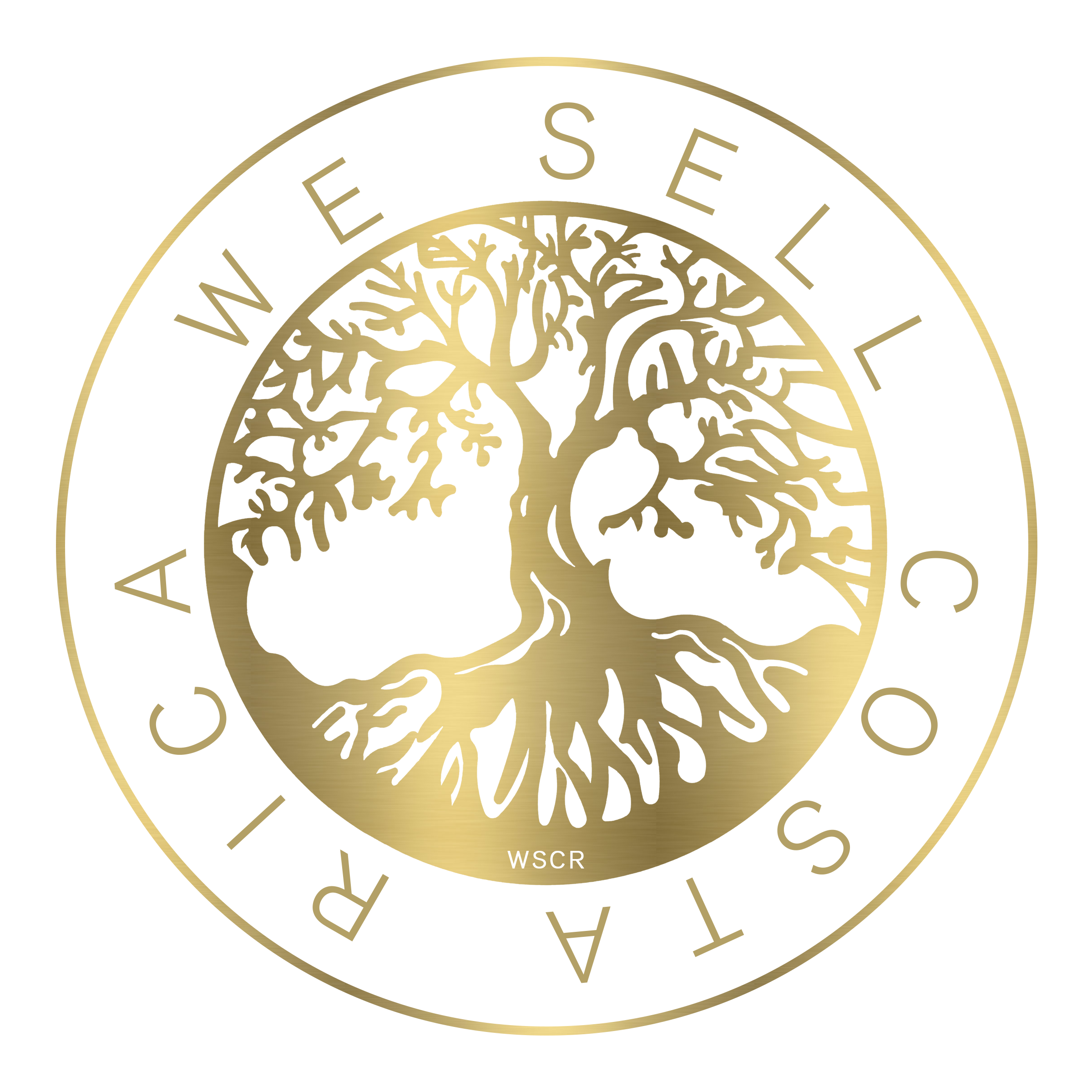
FAQS
Unlike some other countries, foreigners have the same rights when purchasing a property in Costa Rica as locals do. You can own property outright in your own name or in the name of your corporation. (A corporation set up locally by you or an existing corporation in your country.) You do not need a local partner.
All units are sold unfurnished and as agreed in the corresponding Sales and Purchase Agreement (SPA). The developer can, however, refer you to some furniture packages with different companies, that have worked well for previous buyers.
First, we need to know who you are and therefore, we will provide a Knowledge of Client form is to be filled out by the potential buyer. We will also request a copy of your passport (all pages), and a copy of your Driver’s License, if you have one. The rest of the documents depend on the value of your purchase, the information you provided in the Knowledge of Client form, and your preference of payment option. Therefore, the process to be followed from this point onwards, can vary from case to case.
Yes. The contractor, under Costa Rican law, provides a 5-year guarantee on the structure of the buildings.The 5-year guarantee, is valid from the official day of delivery to the developer, who in turn, passes the remaining time of guarantee over to the buyer upon closing.
Upon signing the deed transfer, your notary will proceed to register your name on the National Registry. All titled properties are registered in the National Registry and all registered surveys are found in the National Cadaster; part of the National Registry. The National Registry is now almost completely digital. Certifications of a property, as well as powers of attorney of a corporation and copies of the survey can be bought online.
All closing costs are shared equally between ADG and the buyer. Closing costs in Costa Rica are relatively low; less than USD 2,000 per USD 100,000 of the sale price. Closing costs include: Transfer Tax (1.5% of the registered value) Public Registry Fee (0.05% of the registered value) Tax Stamps, which ad up to around USD 60 per transaction and include the municipality stamp, hospital stamp, agrarian stamp, bar association stamp, fiscal stamp and a national archive stamp. A notary fee of USD 1,250, based on 1.5% of the first million Costa Rican Colones of the sales price and 1.25% of the remainder.
Locals, residents and non-residents should hire an attorney for their Real Estate purchases. Don’t just hire any attorney for your ADG purchase(s). We recommend you hire a good, bilingual real estate attorney / notary public and someone who specializes in real estate, so you are well represented in the process. Only a notary public can record a purchase in the National Registry through a protocolled deed that will be registered in the National Registry.
Sign a “Reservation Agreement” and make a one-time “Reservation Deposit” of USD 5,000, fully refundable for the first ten calendar days. The cooling period, as we call it, helps you to think about your decision, and protects both parties from it being a heat-of-the-moment decision; at the same time, it serves as a guarantee that we will hold the unit of your choice. If you haven’t yet; talk it over with your spouse, partner, advisors, lawyer, family and friends and at the end of the ten days, you can continue the process or write us to cancel and request the refund of your “Reservation Deposit”. The “Reservation Deposit” can be paid by credit card (we accept Visa, Master Card, and American Express) or by wire transfer. We do not accept cash payments of any kind.
Property tax in Costa Rica is extremely low. The current rate per year is 0.25%, in other words ¼ of a point of the recorded value. For example, if a home costs USD 500,000, you would have to pay only USD 1,250 per year. In Costa Rica, you have the option of paying this tax either annually or quarterly.
There is a 3% property transfer tax. This tax is based upon the registered value placed on the property transfer deed at the time of sale. At the time of transfer, the transfer tax is shared equally between Axiom and the buyer.
